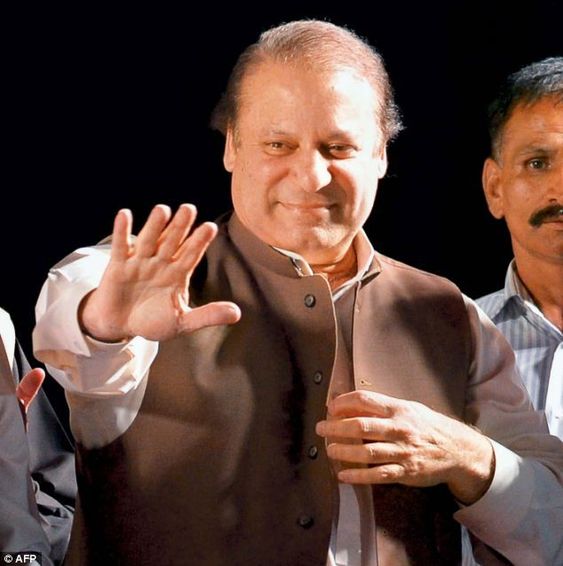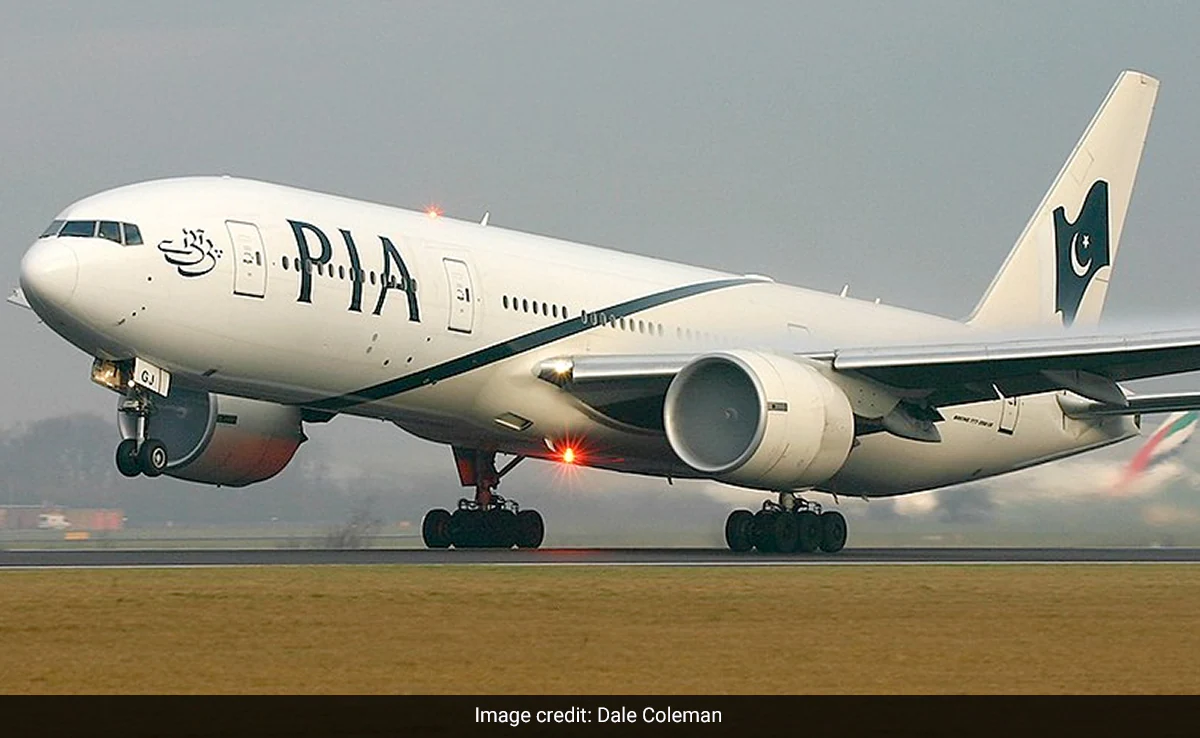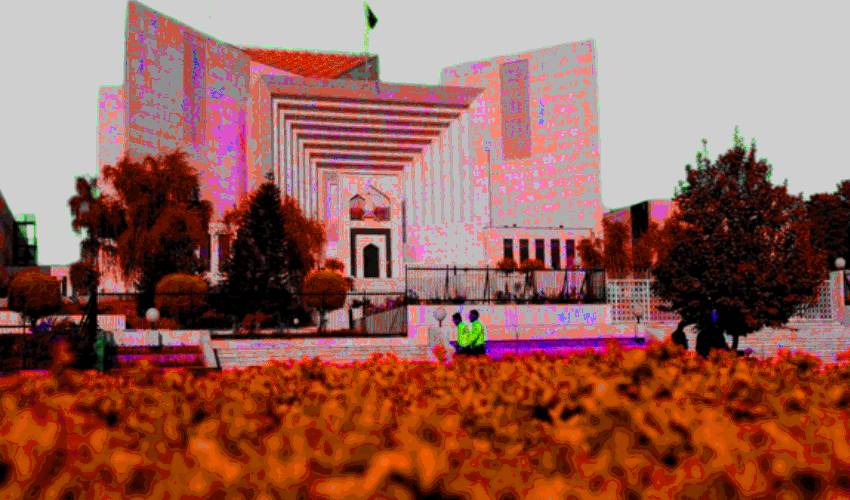
The recent legal judgment, which provides a right to appeal while eliminating the retrospective effect of the law in cases decided under Article 184(3), has created a significant divide within the legal community. This decision has sparked heated debates over its implications, particularly concerning its impact on PML-N supreme leader Nawaz Sharif.
Lawyer Mohammad Ikram Chaudhry expressed his perspective, explaining that in cases where a review has not been filed, it’s possible to submit an application for “condonation of delay,” which is essentially an exemption to the general rule. This provision suggests that a court may consider accepting a late appeal or application.
On the other hand, Mohammad Akram Sheikh highlighted the limitation law, which allows for a review to be sought within 30 days of the judgment’s pronouncement. He mentioned that the apex court had, in some instances, condoned delays but stressed that the applicant would need to provide valid reasons for the delay.
Senior lawyer Raja Inam Ameen Minhas noted that a review petition from the Supreme Court Bar Association is still pending before the Supreme Court, focusing on the disqualification of politicians. According to Minhas, since the matter of disqualification is still under consideration, it remains an appealable matter.
Barrister Zafarullah Khan, the former PM’s special assistant on law, asserted that the Supreme Court’s decision would not impact Mr. Sharif’s cases, as he was not seeking relief from the apex court. Instead, he would continue to pursue his appeals against conviction, with these matters likely reaching the Supreme Court for judicial scrutiny, including the Panama Papers case.
While some legal experts viewed the decision as a setback for Nawaz Sharif, others pointed out that he and Jehangir Khan Tareen could contest elections for now due to an amendment in Section 232 of the Election Act, 2017. This amendment limited the disqualification period under Article 62(1)(f) to five years, in contrast to the Supreme Court’s judgment that upheld a lifetime disqualification under the same article.
However, there is a potential legal challenge to this amendment, which could be filed in court due to its contradiction of the Supreme Court’s verdict. The Lahore High Court or the Supreme Court may need to declare this amendment unconstitutional to prevent Nawaz Sharif from participating in elections. Alternatively, the Supreme Court can consider the petition from the Pakistan Bar Council, led by Ahsan Bhoon, challenging the lifetime disqualification of parliamentarians. Yet, this could be a complex legal and political endeavor.
Lawyer Muhammad Ahmad Pansota noted that the recent ruling would not directly benefit Nawaz Sharif’s appeal against his Panama disqualification. Still, he pointed out that an act of Parliament had limited disqualification under Article 62(1)(f) to five years, which had already expired. This legislation, however, contradicts a Supreme Court judgment. The situation is expected to become more intricate once Nawaz Sharif files his nomination papers for elections, adding another layer of complexity to an already intricate legal landscape.
Thank you for entrusting us as your source of information. Together, we aim to shape a world where knowledge transcends borders and unites us all. Stay focused, stay informed, and let’s make our world a better place, one story at a time.



